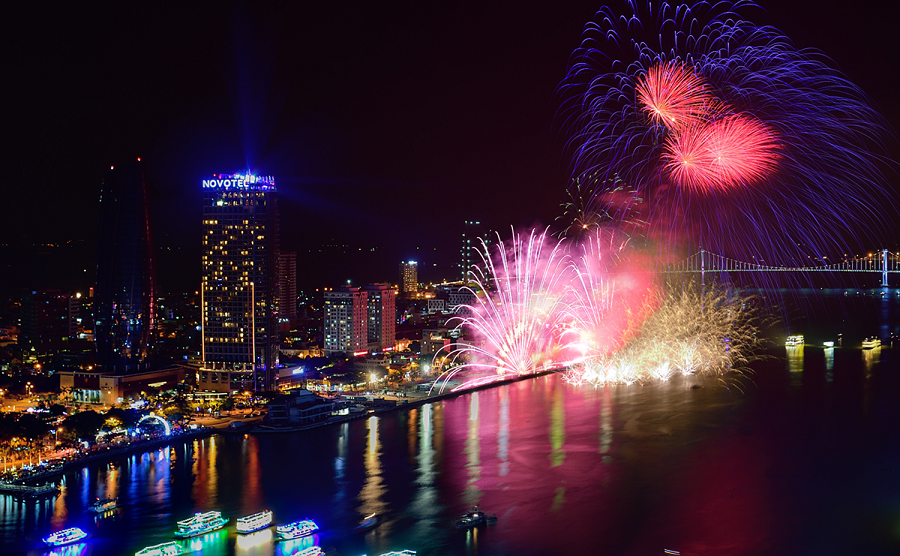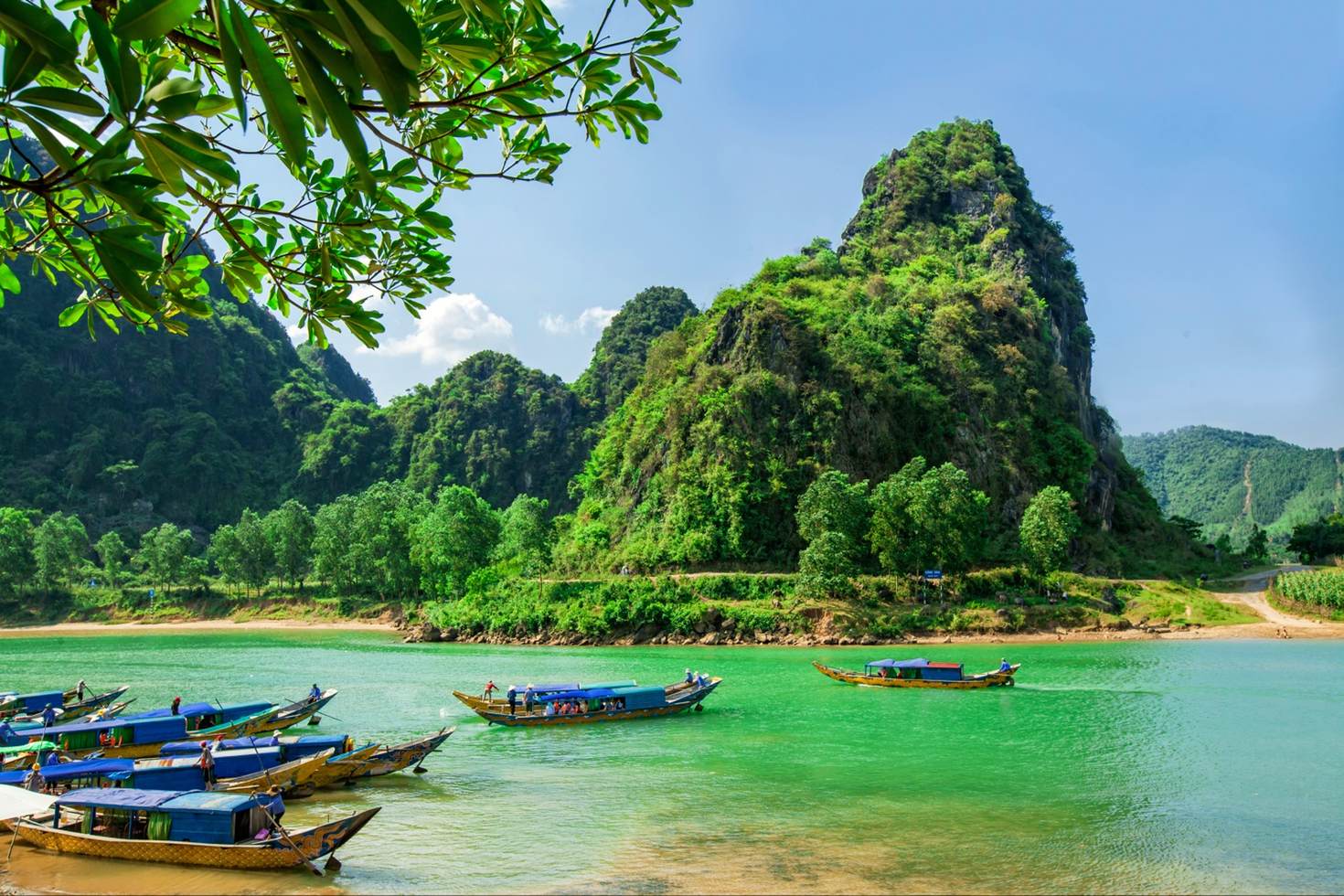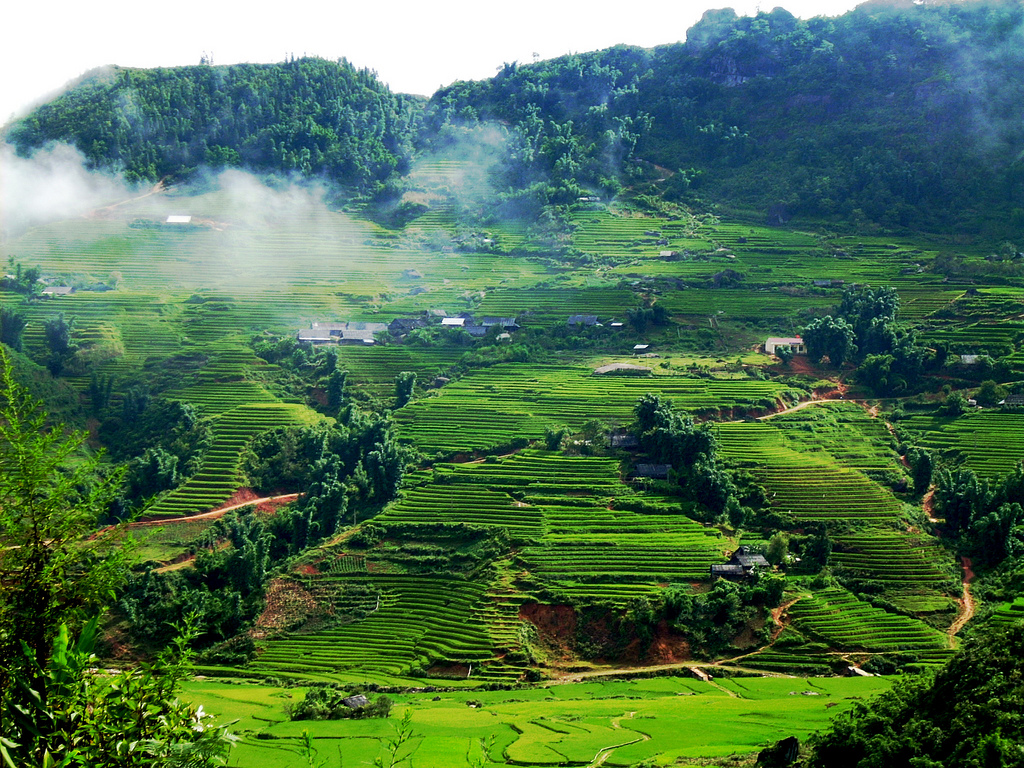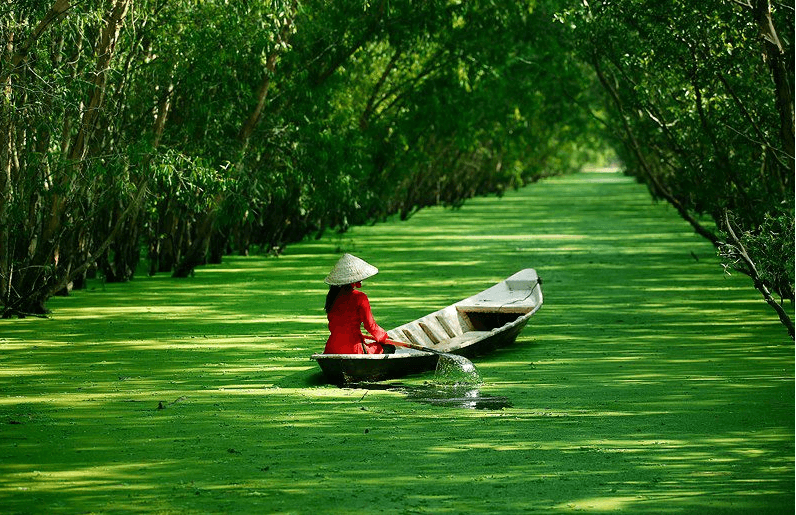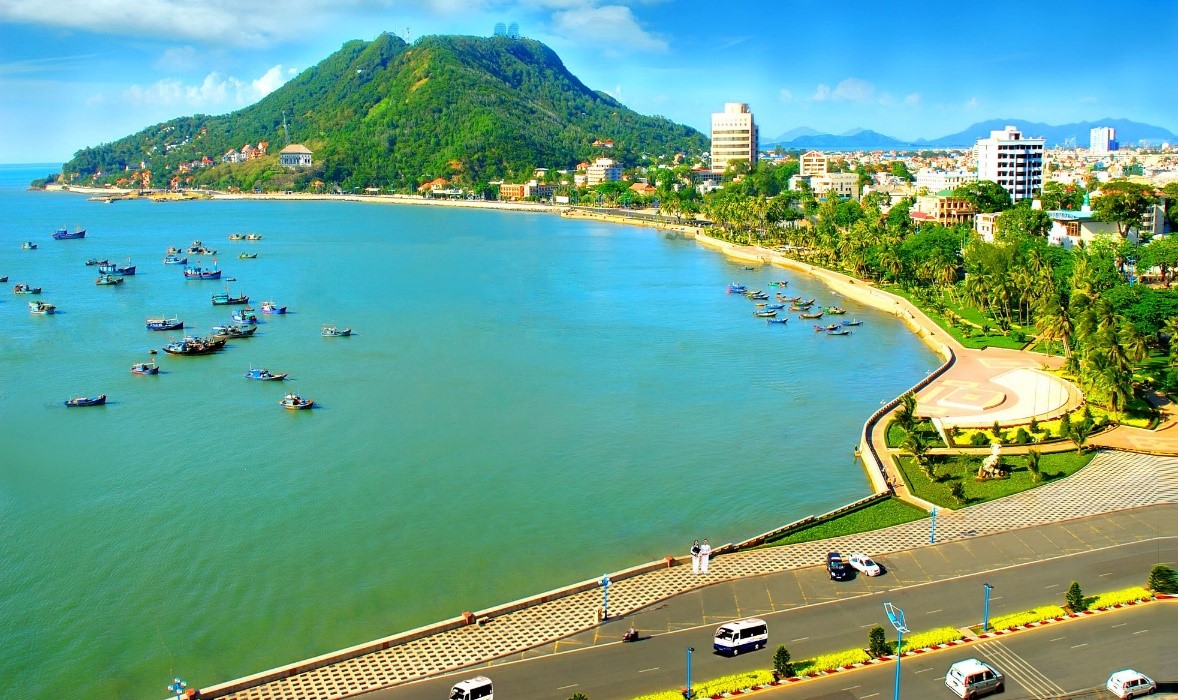HOI AN – AN AMAZING MIX OF CULTURES AND TRADITIONS OF CHINESE, JAPANESE, VIETNAMESE, AND EUROPEAN
Hoi An Town is an exceptionally well-preserved example of a Southeast Asian trading port dating from the 15th to the 19th century. Together with a peaceful lifestyle, Hoi An also witnesses a harmonious blend of Vietnamese, Chinese and Japanese architecture which seems not to be found anywhere else, capturing the heart of all visitors to this land.
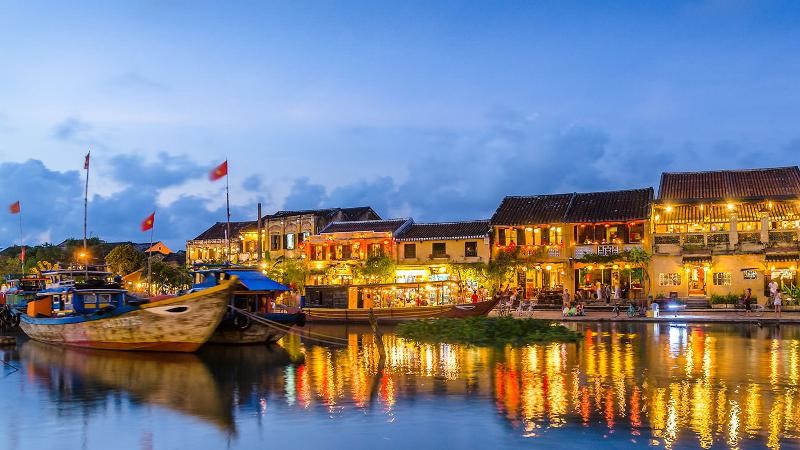
Location
Hoi An Ancient town is located in Viet Nam’s central Quang Nam Province, on the north bank near the mouth of the Thu Bon River. The inscribed property comprises 30 ha and it has a buffer zone of 280 ha.
History
It is an exceptionally well-preserved example of a small-scale trading port dating from the 15th to 19th centuries which traded widely, both with the countries of Southeast and East Asia and with the rest of the world. Its decline in the later 19th century ensured that it has retained its traditional urban tissue to a remarkable degree.
The town reflects a fusion of indigenous and foreign cultures (principally Chinese and Japanese with later European influences) that combined to produce this unique survival.
Best Time to Visit
Hoi An’s dry season from February to May is the best time to visit the town, since its weather becomes very mild and beautiful with moderate temperature, low humidity, less rain and warm sunshine. For ones who enjoy sunbathing on famous beaches near Hoi An like Cua Dai Beach or An Bang Beach, delaying your trip to the end of May or beginning of June is recommended.
The most annoying factor in Hoi An should be its rainy season, lasting quite long from September to January. There are many heavy rains and storms sometimes occur as well. If you plan to go there in this season, you should reconsider your decision.
How to get there
The closest airport to the city of Hoi An is the Da Nang International Airport (DAD), which is about 30 km north of the city, and based in the heart of Da Nang city. From the airport, it is possible to take a train or a bus journey to Hoi An which can take a further 40 to 45 minutes.
Things to see
Declared a UNESCO World Heritage Site in 1999, Hoi An is teeming with beautifully-restored houses, shops, and temples, offering sightseeing opportunities you won’t find in other cities in Vietnam. Ranging from centuries-old Buddhist pagodas and temples to pristine beaches and quaint museums, read on to discover our list of Hoi An’s most popular attractions.
Hoi An Ancient Town
Hoi An Ancient Town offers a breathtaking mix of ornate Chinese temples, a Japanese-designed bridge, wooden shop-houses, French-colonial houses, and old canals. Listed as a UNESCO World Heritage Site in 1999, most of the old shops have been carefully converted to modern businesses aimed at tourists including countless tailors, souvenir shops, art galleries, restaurants and cafés.
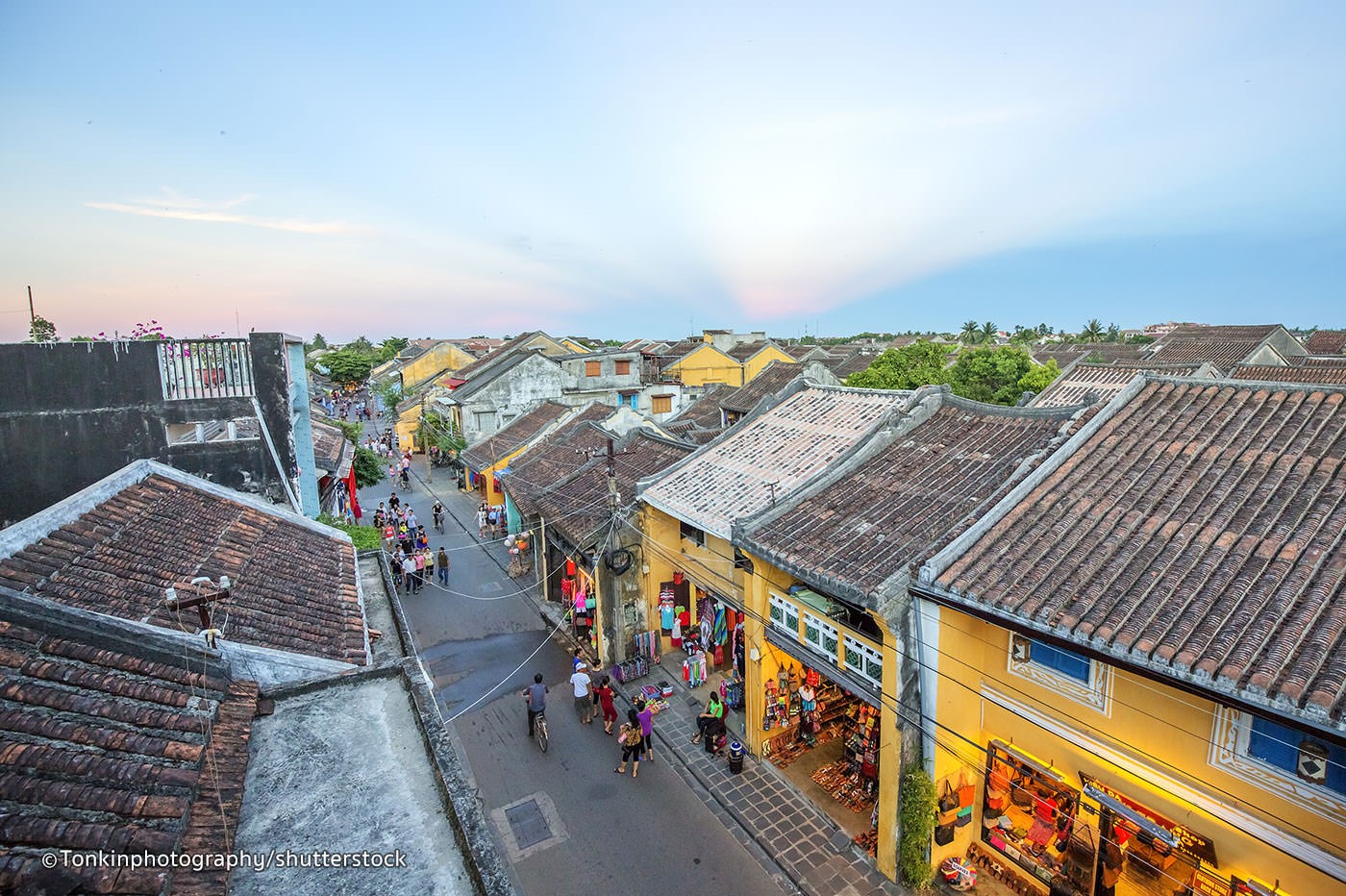
Cham Island (Cu Lao Cham)
Cham Island is a group of 8 small islands, which has been recognized by UNESCO as the World Biosphere Reserve (Cu Lao Cham Marine Park).This ideal destination is endowed with marvelous topography of mountain slopes and biological diversity. From Cua Dai Beach, Quang Nam province, it takes about 30 minutes to arrive at Cham Island by express boat, though tourists may choose 45-minute-boat instead, to enjoy the feeling of travelling by fishermen’s boats.
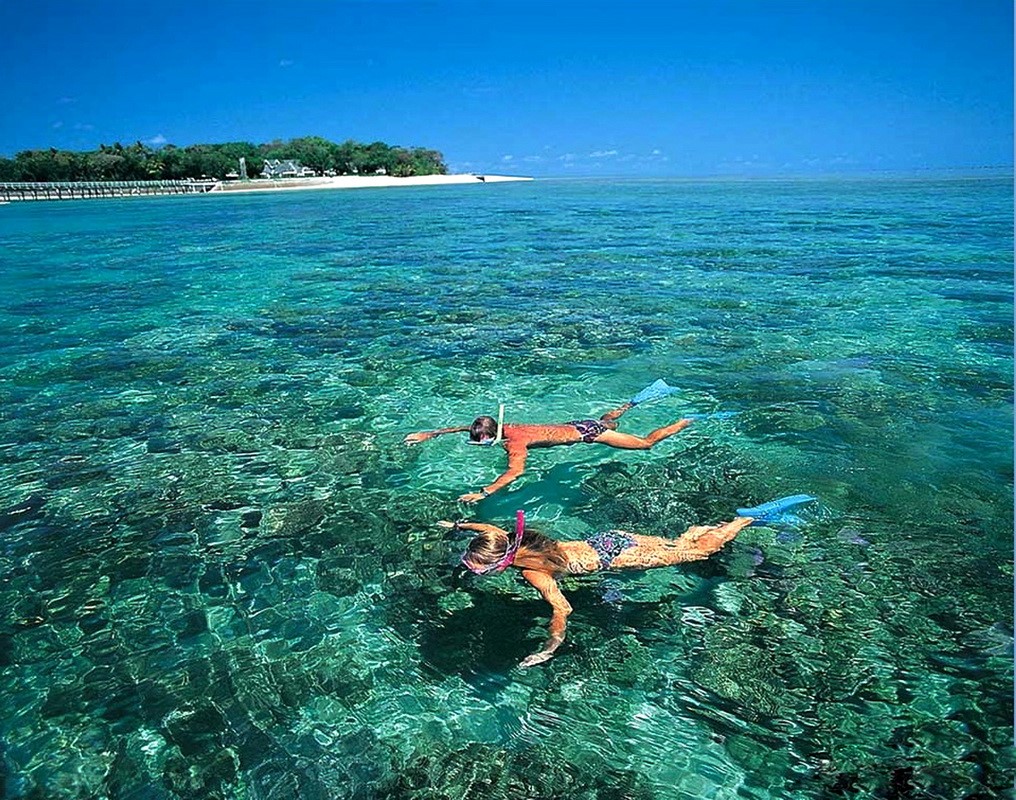
Japanese Covered Bridge
The Japanese Covered Bridge, which dates back to the 18th century, is one of the most prominent attractions in Hoi An Ancient Town. Spanning 18 metres in length, locals believe that it was built by the Japanese then living in Hoi An as a way to reach the Chinese quarter across the water. Today, the bridge stands as a symbol of Hoi An and remains as aesthetically pleasing as it was when it first opened.
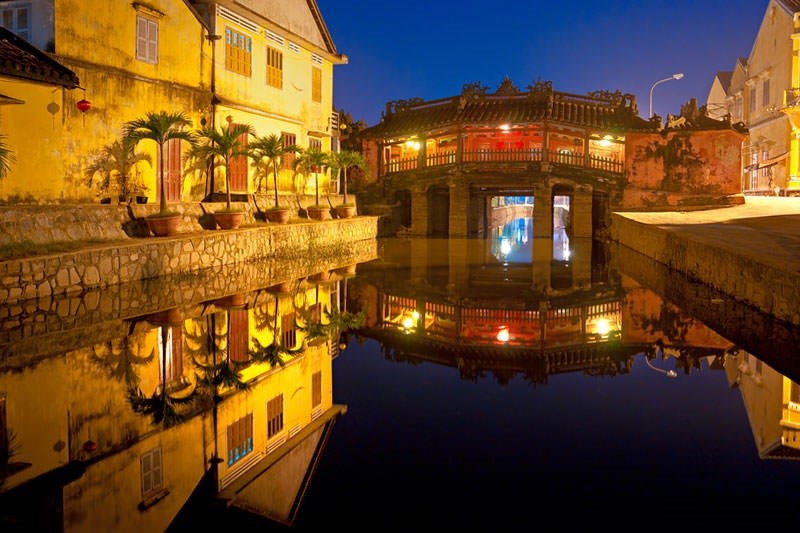
Cua Dai Beach
Cua Dai Beach offers a relaxing seaside escape from the ancient streets of Hoi An. Boasting three-kilometre stretch of white sand and gentle waves, the beach is relatively quiet most of the time apart from weekends and public holidays. After a day of swimming, and snorkelling, Cau Dai Beach is also worth staying for dinner at the numerous seafood restaurants located around the coast.
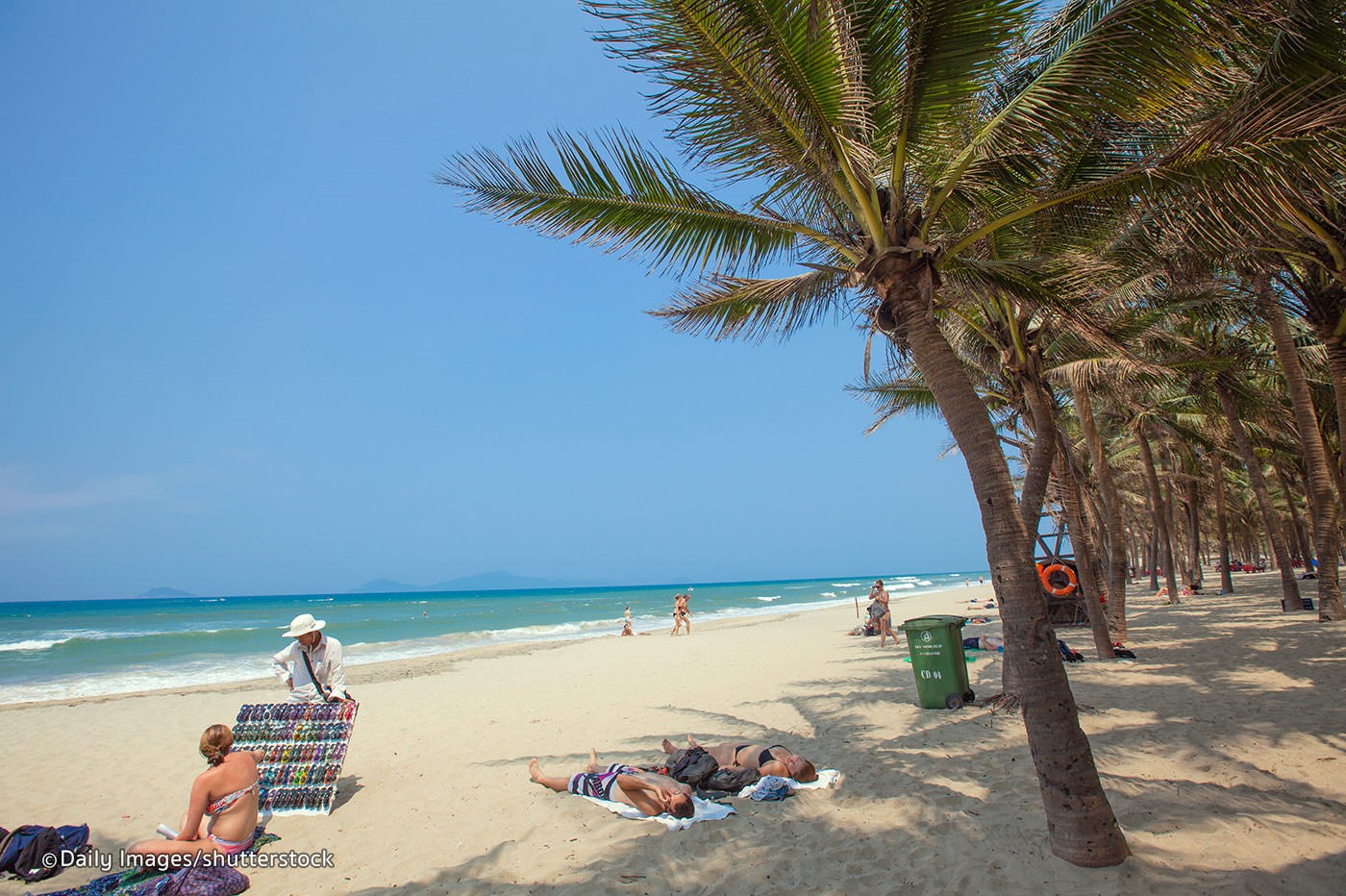
Fujian Assembly Hall
Fujian Assembly Hall is a symbolic icon of Hoi An architecture and Fujian artistry, boasting beautiful statues of Buddhist deities, altars adorned with delicate carvings of dragons, bronze bells drums, and lacquered artwork. Constructed in 1690, this World Cultural Heritage Site was utilized by residents from Fujian in China to meet up and socialize whilst living or visiting Hoi An.
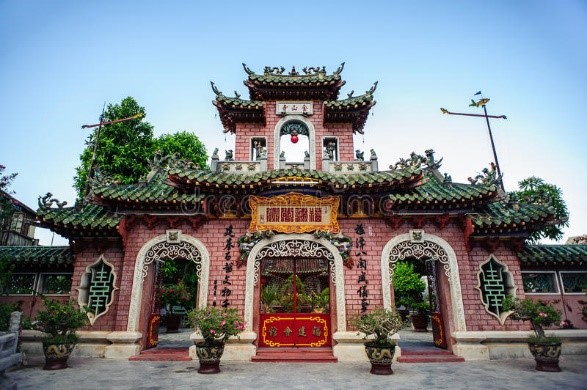
And many other tourism attractions in Hoi An such as Hoi An Riverside, Hoi An Traditional Art Performance Theatre, Van Duc Pagoda, Chuc Thanh Pagoda, Hoi An Museum of History & Culture, Hoi An Museum of Trade Ceramics, etc.
Things to do
A cycling tour is an alternative and fun way to explore this UNESCO World Heritage Site though the Old Town can easily be managed on foot. Many restaurants in the Old Town also offer cooking classes in English. Students normally learn to cook three to five dishes and eat the results together afterwards. For those who are looking for more sporty activities, there are a few good dive centres in Hoi An including one located opposite the Hoi An Museum, a bit further north inland from the Old Town.
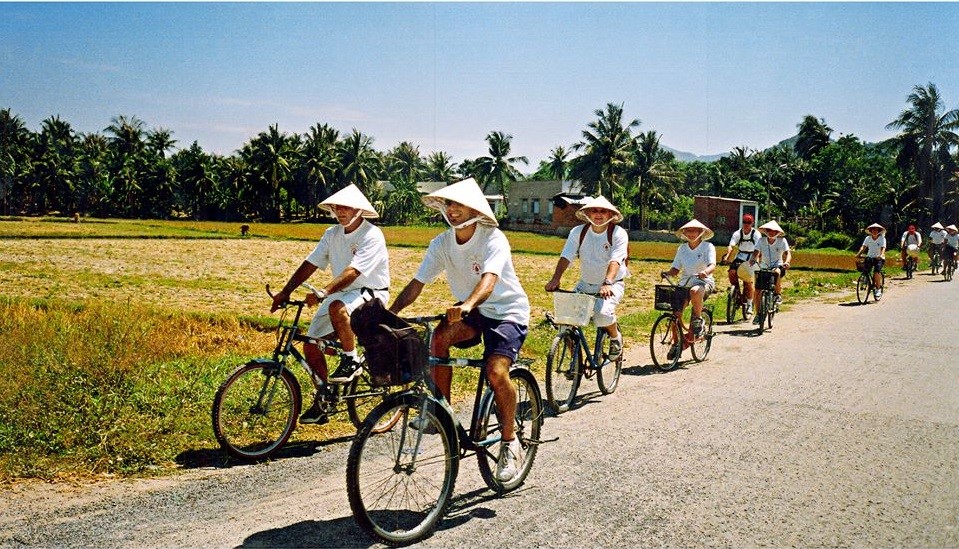
Cycling

A cooking class

Diving in Cham Island
Things to eat
The best Hoi An dishes are exclusively available within the UNESCO World Heritage Site. Once a prominent Vietnamese trading port, Hoi An’s specialities are the result of Chinese, French and Japanese influences. The followings are best dishes in Hoi An Town:
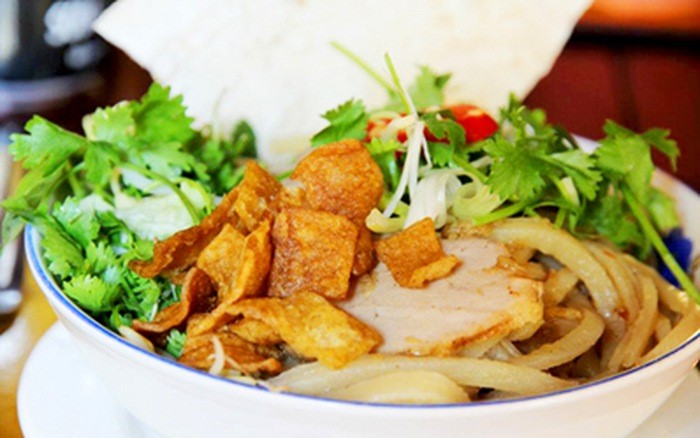
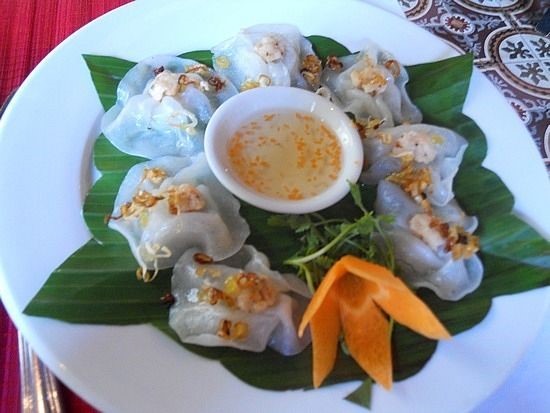
Cao Lau Banh Bao Vac (White Rose Dumplings)
(Rice Noodles with Barbecued Pork, Greens and Croutons)


Mi Quang (Vietnamese Turmeric Noodles) Banh Mi (Vietnamese Baguette)
Do you feel eager to discover more about Hoi An? Let’s go with Govietnamtourist.com to start your perfect journey to Hoi An now.
